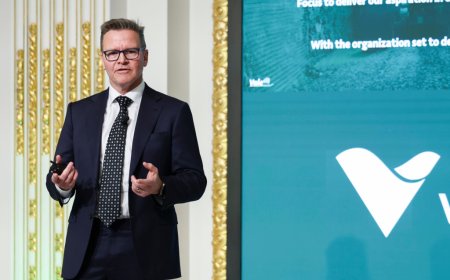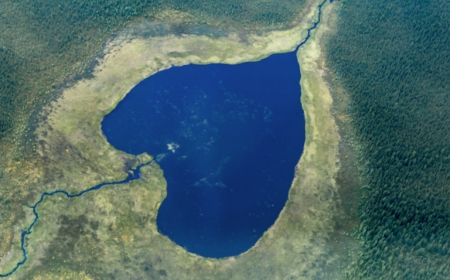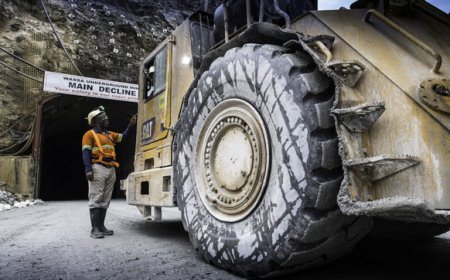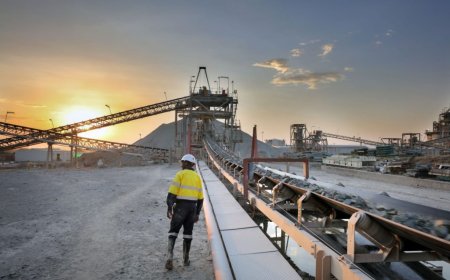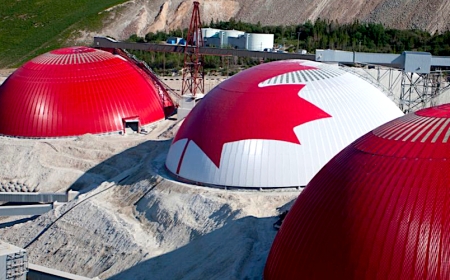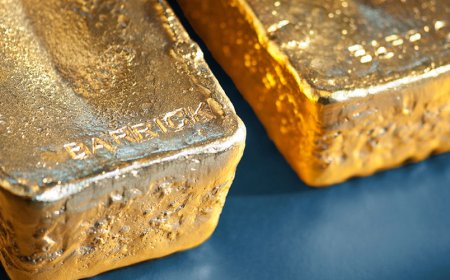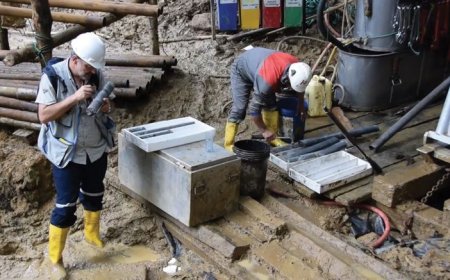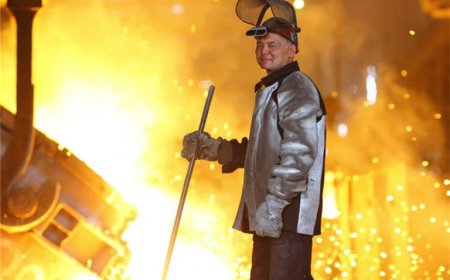Vedanta to invest $2 billion in Saudi copper projects
Vedanta Copper, a subsidiary of India’s Vedanta Limited (NSE: VEDL), has announced plans to invest $2 billion in copper-processing facilities in Saudi Arabia, a fresh boost to the kingdom’s aspirations to establish itself as a global hub for metals and mining.
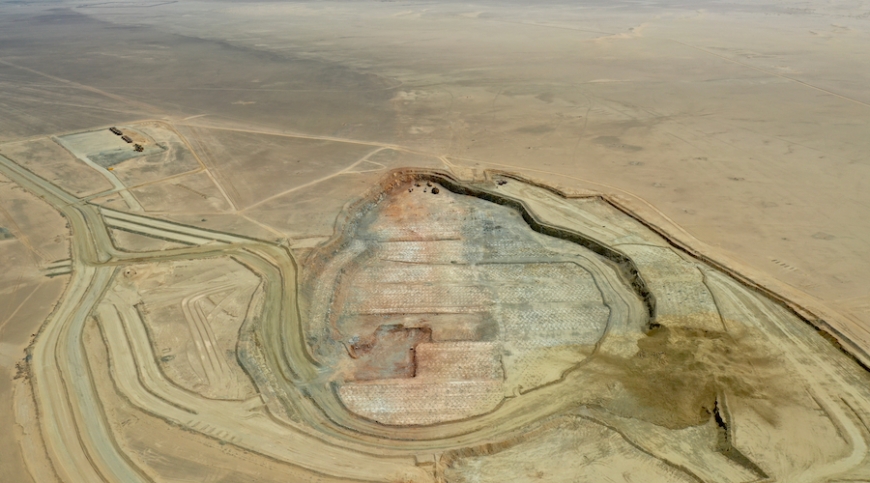

The investment will fund the construction of a state-of-the-art smelter and refinery with an annual capacity of 400,000 tonnes, the company said.
Vedanta also plans to develop a facility capable of producing up to 300,000 tonnes per year of copper rods —an essential component in electric cable manufacturing.
The announcement is part nine investment deals inked by Saudi Arabia on Tuesday valued at over 35 billion riyals ($9.32 billion). The agreements include partnerships with other major foreign companies, including China’s Zijin Group, and are considered a significant boost for Riyadh’s efforts to attract foreign direct investment to help diversify the kingdom’s economy.
Supporting Vision 2030
The announced investments align with Saudi Arabia’s Vision 2030 — an ambitious plan to unlock $2.5 trillion in untapped mineral resources, including phosphate, copper, gold, and bauxite. It also aims to boost the mining sector’s GDP contribution from $17 billion to $64 billion by the end of the decade.
Currently, Saudi Arabia imports most of its copper to meet domestic demand, estimated at 365,000 tonnes annually. This figure is projected to more than double by 2035.
Vedanta alone is expected to contribute almost $19 billion to the kingdom’s GDP, reduce the nation’s reliance on imports and stimulate the growth of downstream industries, creating thousands of jobs.
“These projects will enhance the Kingdom’s self-reliance in the copper supply chain,” Chris Griffith, chief executive of Vedanta’s Base Metals division said in the statement. “Saudi Arabia has been a leader in oil exploration and hydrocarbons for decades. Now, under visionary leadership, it is poised to tap into its vast, unexplored mineral potential.”
As part of its strategy to move away from fossil fuels, Saudi Arabia created investment fund Manara Minerals, a joint venture between Ma’aden and the Public Investment Fund (PIF), to acquire assets overseas.
Its first major move abroad was a 2023 deal to secure a 10% stake in Vale’s $26 billion copper and nickel spin-off Vale Base Metals.
The kingdom is also trying to secure a stake in Pakistan’s $7 billion Reko Diq copper and gold mine, which is 50%-owned by Barrick Gold (TSX:ABX)(NYSE:GOLD), with the remaining 50% is equally divided between Pakistan’s federal government and the Balochistan government.
Pakistan announced last week it had set up a high-level negotiation committee tasked with finalizing the terms, valuation, and drafting a commercial agreement for the sale of a 15% stake in Reko Diq to Saudi Arabia’s PIF.
Looming supply crunch
Copper’s role as a critical material in renewable energy systems has placed the metal at the centre of global decarbonization efforts.
According to Vedanta, global demand for the metal will rise by 40% by 2040, driven by the energy transition and the shift toward sustainable transportation and electrification.
The Indian company is just one of many miners, banks, and research houses warning of an imminent copper undersupply. BHP (ASX: BHP), the world’s largest mining company recently said it expected a global copper deficit of 10 million tonnes a decade from now. The expected shortfall has driven the company to outline plans to spend at least $14 billion at the world’s biggest copper mine, Escondida, and other projects in Chile.
Meeting the Paris Agreement’s climate targets, which aim to limit global warming to no more than 1.5 degrees Celsius, will require annual investments of about $1 trillion in renewable infrastructure between 2025 and 2030, Vedanta noted.
